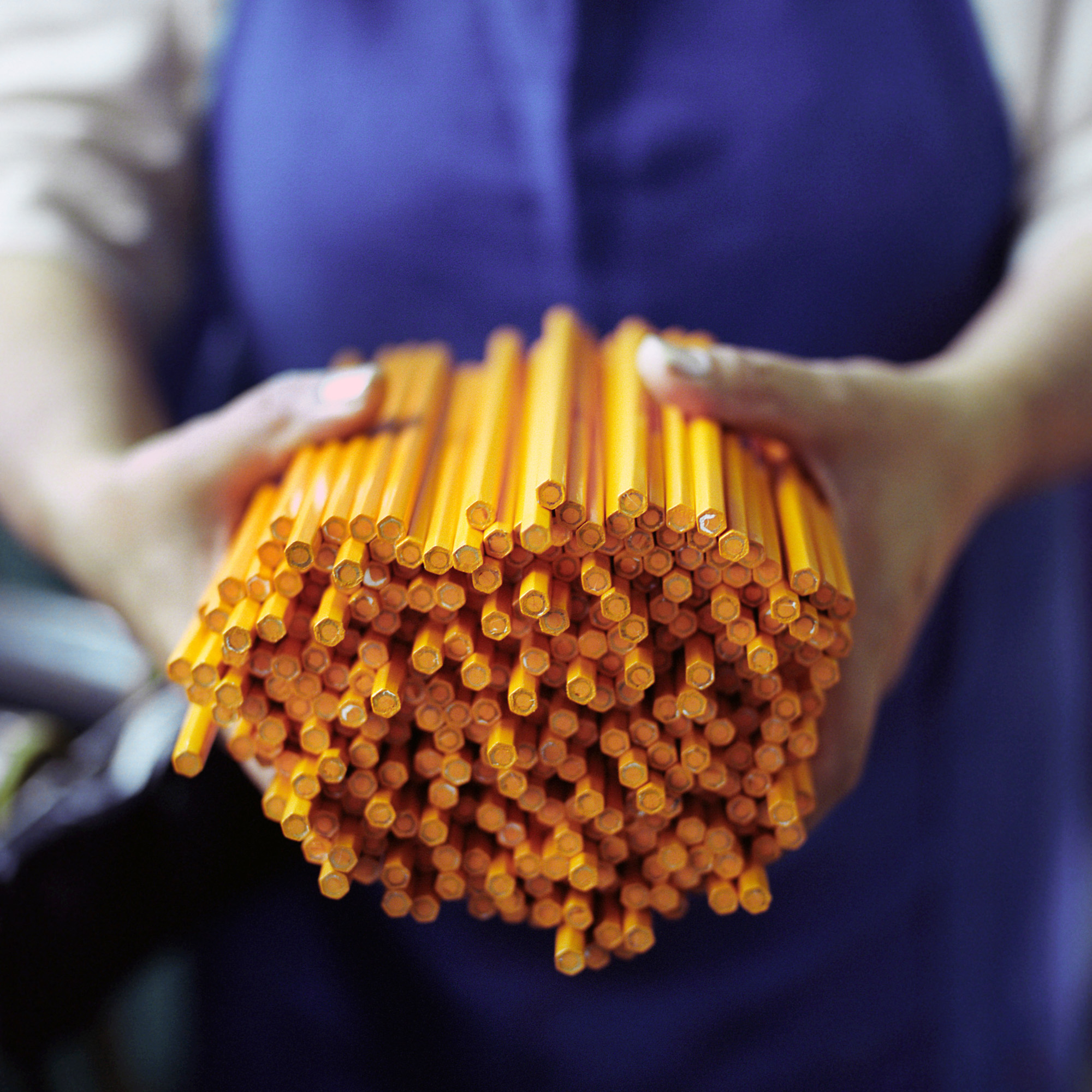Will Swiss industrial production leak abroad?

Swiss manufacturing enjoyed a renaissance at the beginning of the last decade, but there are growing fears that new pressures could force production out of the country.
Several experts are predicting a relocation of Swiss factories and workforce as consumer demand grows in Asia, the strong franc hits domestic margins and some firms simply outgrow their home country.
A recent report by global consultancy Booz and Company and the Swiss-American Chamber of Commerce found that Swiss manufacturing enjoyed a boom period between 2003 and 2008 and now accounts for 20 per cent of all economic output – more than the financial sector.
A good part of the six per cent value added growth in that period could be put down to near perfect global economic conditions that collapsed so dramatically in 2008. But firms have also been credited for their innovation while the opening of Swiss borders to European Union workers boosted the highly qualified workforce.
But manufacturers have since been hit by falling orders and a strengthening franc against the euro. The latter problem has forced many domestic-based companies to think about relocating to the eurozone to escape the crippling negative exchange rates.
Swissmem, the umbrella body of the Swiss electrical and machinery manufacturing sector, estimates that the fall of the euro to SFr1.40 has halved margins while a drop to SFr1.30 would destroy them altogether. For some firms, it appears to be a matter of how long they can hold out before they have to move their factories.
Ron Haddock, a vice-president at Booz and Company Switzerland, said companies had reported concerns at the weakening euro when the study was conducted.
“Such concerns could compel some companies to shift investments into neighbouring countries,” he told swissinfo.ch. “Most of the companies we surveyed have 90 to 99 per cent of their sales overseas. These companies are global in scope and chief executives are primarily responsible to shareholders.”
“If we see any deterioration in conditions in Switzerland then many companies would not hesitate to relocate,” he added.
There is plenty of anecdotal evidence in Switzerland to back up this assertion. Paul Oertli, head of the fine tools manufacturer Oertli, told the Tages-Anzeiger newspaper that the company would most likely boost its production centre in the Netherlands because of currency exchange rate pressures.
“A continuation of the [currency] situation would mean the loss of jobs in Switzerland,” he said. “Such decisions hang on the future development of currency exchange rates.”
Manufacturing move
But companies are not just thinking about shifting production centres to escape the strong franc. Some of the 700,000 manufacturing jobs in Switzerland could also be threatened by a move to Asia simply to be nearer the swelling demand from consumers in that region.
Swissmem says that the tide of exports is swiftly turning. At present, around two-thirds of Swiss goods are exported to Europe, but Swissmem believes that will be cut to half in the coming years.
Some observers have predicted that the Swiss manufacturing trend will turn towards production abroad with research and development (R&D) and after-sales servicing remaining in Switzerland. However, Ron Haddock does not think it would be quite as clear cut as that.
“As more Swiss companies want to get closer to customers in emerging markets, there is a tendency to pull R&D with them,” he told swissinfo.ch. “There is a threshold, a tipping point, at which most parts of the value chain will also relocate.”
The answer to this problem, according to Haddock, is for industry and government to come up with a forward looking strategy to prevent the Swiss manufacturing renaissance stopping in its tracks.
Foreign workers
The Booz and Company report recommends even greater openness to foreign workers, an increased emphasis on producing engineers from the education system, encouraging more innovation and developing cluster groups of firms operating in the same field, particularly in newer industries such as renewable energies.
Julius Bär bank chief economist Janwillem Acket,says all is not lost for Swiss manufacturing, despite emerging economies like China now moving into Switzerland’s territory of high end luxury goods production.
“Switzerland cannot afford to sit back and think of past glories, but conditions are still good here for manufacturing, such as competitive tax rates and a highly skilled workforce,” he told swissinfo.ch.
“It might make sense for some firms to have a second manufacturing base in the eurozone, but moving the main centre of production because of exchange rates would have to be carefully considered. Exchange rates can always change.”
Acket also pointed to laws that specify that goods must generate at least half of their value inside Switzerland to qualify for a prestigious “Swiss made” label.
“The quality of Swiss goods still has an important reputation around the world and people are still prepared to pay for it,” he said.
Matthew Allen, swissinfo.ch
Booz and Company in collaboration with the Swiss American Chamber of Commerce conducted a survey of 25 leading Swiss manufacturing firms in 2009 and early this year.
The sector enjoyed a boom between 2003 and 2008, increasing its added value to the total economy by 6% in that period and increasing its workforce by 1.2%.
Swiss manufacturing now accounts for 20% of total Swiss GDP and employs around 700,000 workers.
Executives surveyed by the report said the quality of the workforce was the biggest factor in generating growth in the sector in Switzerland. This was followed by openness to foreign workers and the flexibility of the workforce.
Tax rates were listed bottom of 10 reasons that Swiss manufacturing had prospered in recent years.
However, when asked how competitive Swiss manufacturing would be in years to come, only 15% of executives thought it would improve on a global scale. Some 55% thought it would remain about the same while 30% thought Swiss industry was at risk from becoming less competitive.
The top reasons for this gloom were stronger competition from emerging markets, less openness within Switzerland towards foreigners, the risk aversive nature of Swiss companies and the lack of a coordinated national plan to move Swiss manufacturing forwards in the future.
However, Switzerland still tops the innovation scoreboards of both the World Economic Forum and the European Union.

In compliance with the JTI standards
More: SWI swissinfo.ch certified by the Journalism Trust Initiative













You can find an overview of ongoing debates with our journalists here . Please join us!
If you want to start a conversation about a topic raised in this article or want to report factual errors, email us at english@swissinfo.ch.